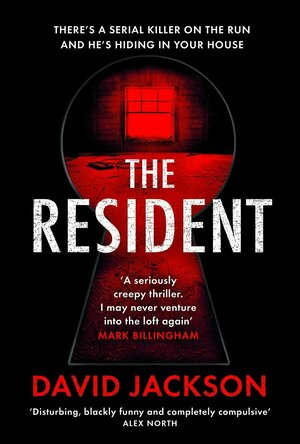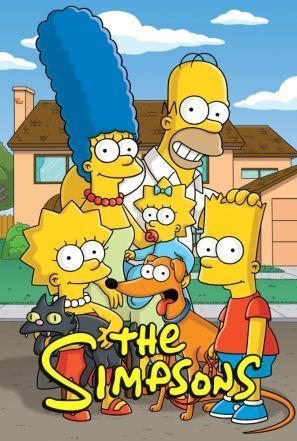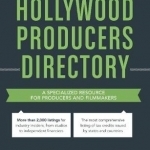
Hollywood Producers Directory: A Comprehensive Listing of Professionals and Resources for Film and Television Production
Book
The definitive contacts resource for filmaking professionals! The product of The Writers Store's...
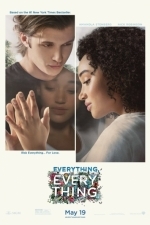
Everything, Everything (2017)
Movie Watch
From Warner Bros. Pictures and Metro-Goldwyn-Mayer Pictures comes the romantic drama “Everything,...
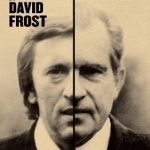
Frost/Nixon
Book
Published to coincide with the launch of Ron Howard's blockbuster film, and following on from the...
ClareR (6062 KP) rated The Resident in Books
Jul 26, 2020 (Updated Jul 26, 2020)
Thomas Brogan is a serial killer on the run, who finds an abandoned end of terrace house to hide in. He discovers that this house and the other three in the row have a shared loft space. So Brogan starts to spy on his neighbours. He has a penchant for playing games with his victims, and this is an ideal set up for him - and the secrets that he discovers are more than enough to keep him entertained.
This is such a fast paced, entertaining read, and I can well imagine it as a film. There are some very interesting twists and turns, and some real heart-in-mouth moments. It was another great reading experience with The Pigeonhole, the comments and opinions from the other readers making it all the more entertaining, and the author dropping in to answer questions. This is what makes The Pigeonhole so great!
If you like your thrillers a bit gory and a bit inappropriately funny, you’ll love this book - I did!
Billie Wichkan (118 KP) rated The Housewife in Books
Mar 15, 2019
WOW!!!! An EXCELLENT story with a great plot and well developed characters!
I found this to be an absolute gem of a novel. The plot gives a slow-building, creeping sense that something isn't quite right.
The author has taken a situation, a day in the life of a housewife and turned it inside-out and upside-down. I found myself reminded of the old 1944 Ingrid Bergman film Gaslight. The difference in the two though is the constant twists and turns of the plot with the characters. You think you have it all figured out but you really don't.
I honestly did not know which way things were going to swing for Diane until the very end and the ending was just a real cliffhanger for me.
I will definitely be following this author as her books are just amazing!
Many thanks to NetGalley and Bookouture for this wonderful ARC.
David McK (3695 KP) rated The Running Man in Books
Jan 28, 2019
Written by Richard Bachman (aka Stephen King), this is set in a future dystopia where the gulf between the rich and the poor has widened even further, to the extent that, while the rich have access to new gadgets, medicine and groceries, life is a daily struggle to survive for the poor (who are now treated as vermin by the rich).
The top TV shows are all game shows (OK: like the movie); in all the poor are more-or-less tortured (the shows have names like 'Swimming with Crocidiles' or 'Treadmill to Fortune') to earn money. Of these, the most popular by far is 'The Running Man', which is - basically - a televised manhunt.
This is a pretty quick read - only took me about one day - with the Ben Richards of the novel far more sickly and wasted than the muscular Arnie of the film (Steve Buscemi, perhaps?), with the novel also covering a wider area of land than the Running Man set of that movie (which, remember, is only set in four zones - here, it's more-or-less right across America). The ending is also far more downbeat!
Rebecca Billcliff (2409 KP) rated The Simpsons in TV
Nov 26, 2019 (Updated Nov 26, 2019)
My new sustain of the more modern show, culminated in an episode involving a screaming caterpillar.... after that, I lost all hope they would produce a good episode again.
The characters have now become very one dimensional, with personalities in the extremes. For example, homer is no longer just quite dim, with a fair few moments of total stupidity, but with a good heart; now he is mentally defective, and to dumb to realy feel love. This is seen right across the board, with each story now being a rip off of either a film, tv series or book, or some crazy nonsense that seems to fizzle out by the third act.
All in all, the original seasons, up to 10, are either great or at least worth a watch, after that, I would not bother.
How sad the fall from greatness, if only they had quite while they were ahead, instead of milking this yellow cow dry.
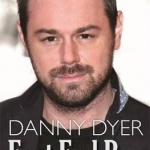
Danny Dyer: East End Boy: The Unauthorized Biography
Book
Danny Dyer is one of the most recognizable names in British film and television. Best known for...
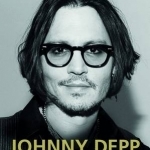
Johnny Depp: The Illustrated Biography
Book
"Johnny Depp - The Illustrated Biography" is the story of one of Hollywood's biggest stars, whose...
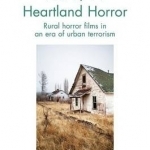
Post-9/11 Heartland Horror: Rural Horror Films in an Era of Urban Terrorism
Victoria McCollum and C. Richard King
Book
This book explores the resurgence of rural horror following the events of 9/11, as a number of...
